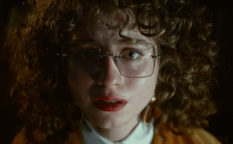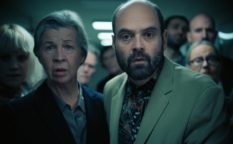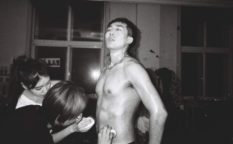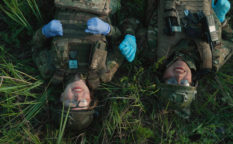IFFR Review: Manifesto (2021)
IFFR Tiger Short Competition Selection
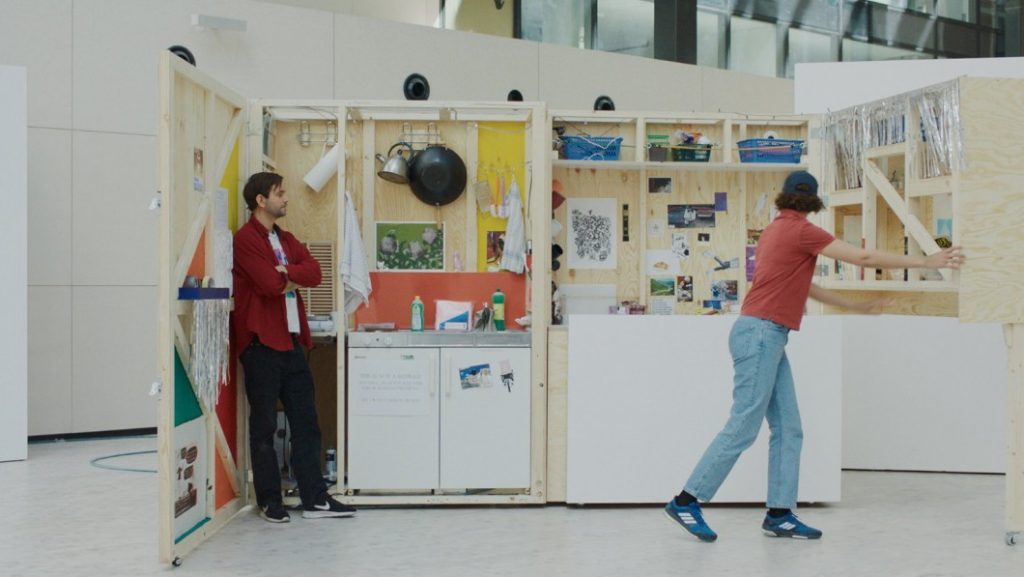
One of the main aims of art is to examine and expand the borders of freedom of expression. When the primary mission is confronted with institutionalization and placed in the system by the means of academia, strange things and invisible battles for freedom can occur. That would be the setting for Ane Hjort Guttu’s newest short film Manifesto that has just premiered at the 50th edition of International Film Festival Rotterdam, in the Ammodo Tiger Short Competition.
The setting here is an art academy that has recently been merged into the university system and moved into the new, modern, high-tech cold glass building with the rest of the schools. Since the structure of that sort and the rules it implies does not suit the sensibility of the academy and its students and professors, they decided to create their own parallel system of courses, management and administration. For instance, since cooking is forbidden in the new building, they have created a mobile, easily concealable communal pop-up kitchen. They have a number of completely fake courses that fit in the university structure. They even have a pseudo-dean whose title exists only on paper, while they have their own elected rector. Their intentions are by no means aimed at romanticizing the “old European art school”, they just want to create an open, free space for anyone to express and create art. Can freedom be achieved within the system, but under its vigilant eye?
In her career, Ane Hjort Guttu has made several shorts, mainly documentaries and mainly art-themed, so Manifesto can be seen as further exploration of the topics she is primarily interested in. The angle she takes might not be all that new, but it is certainly interesting, fresh and possibly even eternal, while her creative approach is more than suitable. Manifesto acts and feels like a documentary thanks to the filmmaker’s specific solutions, like the alternation between the hand-held camerawork and the static shots from afar and from above (kudos to the cinematographer Patrik Säfström), interviews with the subjects from the ranks of the students and the professors and even the textual info-cards on the completely whitened screen, along with the cuts by the editor Jon Endre Mørk that sometimes faithfully emulate those seen in the made-for-TV documentaries. However, the story itself is completely fictitious, making Manifesto a very functional and even cunning mockumentary that rings completely true.
Runtime: 27’ 56’’
Country: Norway
Languages: Norwegian, Danish, English
Directed by: Ane Hjort Guttu
Written by: Ane Hjort Guttu
Cinematography by: Patrik Säfström
Editing by: Jon Endre Mørk
Music by: Mari Kvien Brunvoll
Sound design by: Rune Baggerud
Sound recording by: Øyvind Rydland, Vegard Soldal
Colourist: Christian Wieberg-Nielsen
Produced by: Ane Hjort Guttu, Elisabeth Kleppe













